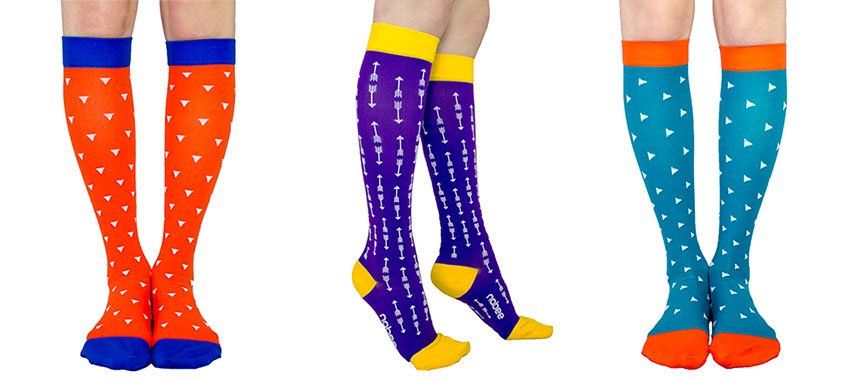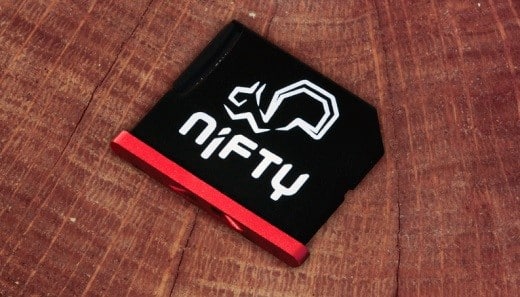In the dynamic landscape of online business, two popular models have emerged as viable options for entrepreneurs: crowdfunding and ecommerce. Both avenues offer distinct advantages and cater to different types of products and markets. Understanding the nuances of each can help you determine which route is best suited for your venture.
Crowdfunding: A Launchpad for Innovation
Crowdfunding platforms such as Kickstarter and Indiegogo have revolutionized the way entrepreneurs bring products to market. These platforms allow creators to pitch their ideas to a global audience and secure funding from backers who believe in their vision. Crowdfunding offers several advantages, including:
1. Market validation: Launching a product on a crowdfunding platform provides instant feedback from potential backers. The level of interest and engagement with the campaign can serve as a litmus test for market demand.
2. Capital Infusion: Successful crowdfunding campaigns can generate significant capital without the need for traditional investors or loans. This capital injection can fuel product development, manufacturing, and initial marketing efforts.
3. Community Building: Backers of crowdfunding campaigns often become advocates and ambassadors for the brand. Building a community around your product can lead to long-term customer loyalty and support.
While crowdfunding is an attractive option for many entrepreneurs, certain types of products tend to perform better than others. Consumer electronics, innovative gadgets, outdoor & camping products, and tech-oriented products often resonate well with the crowdfunding audience. These products offer a tangible solution to a specific problem or provide a novel experience that captures the imagination of backers.

Examples of successful crowdfunding campaigns in the consumer electronics space include the Key Coffee Grinder by Weber Workshops, Screeneo U5, and OliveMax Hearing aid Earbud. These products offered innovative features and addressed a clear market need, resulting in enthusiastic support from backers.
However, not all product categories thrive on crowdfunding platforms. Parenting and child products, for example, often require a more targeted approach to marketing and distribution. Crowdfunding isn’t the best place for these products because of how quickly customer sentiment can shift from “yes I want this” to “I need to use this now but it’s not here yet” to “I have no use for this anymore.” For products like these with time-sensitive utility, delivery must occur less than a month from when the crowdfunding campaign launches. This simply isn’t feasible in most cases.
Transitioning from Crowdfunding to Ecommerce
One of the overlooked benefits of crowdfunding is its potential to serve as a springboard for transitioning to an ecommerce model. Once a product has been successfully funded and manufactured, entrepreneurs can leverage the momentum and brand recognition gained from the crowdfunding campaign to launch their own ecommerce store.
This transition allows creators to maintain control over the sales process, build direct relationships with customers, and capture a larger share of the profits. By migrating to an ecommerce platform, entrepreneurs can continue to sell their products beyond the initial campaign period and scale their business more effectively.
Several successful brands have made the transition from crowdfunding to ecommerce seamlessly. Reencle Fertilizer Composter, known for its ability to turn food scraps into nutrient-rich fertilizer, initially launched its products through an Indiegogo campaign. They moved to Indiegogo InDemand — Indiegogo’s ecommerce platform, which brands often use as a transitory sales channel following their crowdfunding campaigns — before establishing an ecommerce store. Similarly, the portable range hood brand Airhood gained traction through crowdfunding on Kickstarter before expanding its reach through online retail.
Ecommerce: Building Sustainable Growth
Ecommerce offers entrepreneurs a tried-and-tested model for selling products online. With the proliferation of ecommerce platforms like Shopify, WooCommerce, and Amazon, launching an online store has never been easier. Ecommerce provides several advantages, including:
1. Scalability: Ecommerce stores have the potential to reach a global audience and scale rapidly as demand grows. With the right marketing strategies in place, entrepreneurs can expand their reach and increase sales exponentially.
2. Flexibility: Ecommerce allows for greater flexibility in pricing, promotions, and product offerings. Entrepreneurs can easily test different strategies to optimize sales and maximize profitability.
3. Data Insights: Ecommerce platforms provide valuable data insights that can inform decision-making and drive business growth. From customer demographics to purchasing behavior, these insights help entrepreneurs refine their marketing efforts and tailor their offerings to meet customer needs.
While ecommerce offers numerous advantages, it’s important to note that success isn’t guaranteed. Competition in the ecommerce space can be fierce, and standing out requires a strategic approach to branding, marketing, and customer experience.

Choosing the Right Path
In conclusion, both crowdfunding and ecommerce offer unique opportunities for entrepreneurs to bring their products to market and build successful businesses. When deciding between the two models, consider the nature of your product, your target market, and your long-term business goals.
If you have a groundbreaking innovation or a tech-oriented product with broad appeal, crowdfunding may be the ideal launchpad to validate your concept and secure funding. On the other hand, if you’re looking for sustainable growth and scalability, ecommerce offers a tried-and-tested model to reach a global audience and build a profitable business over time.
Ultimately, the right path for your product depends on careful consideration of your unique circumstances and objectives. By understanding the strengths and limitations of both crowdfunding and ecommerce, you can make an informed decision that sets your venture up for success.
This blog post was written by our partner, Rainfactory, a full-service marketing company operating with data-driven strategies, with proven success in growing 8-figure brands. Rainfactory has helped brands — like Philips, Logitech, Onewheel, Omnilux, Bartesian, and Atari to name a few —scale across every stage of the customer journey. Interested in launching your next product via Crowdfunding or eCommerce?
Contact Rainfactory today to get started!





